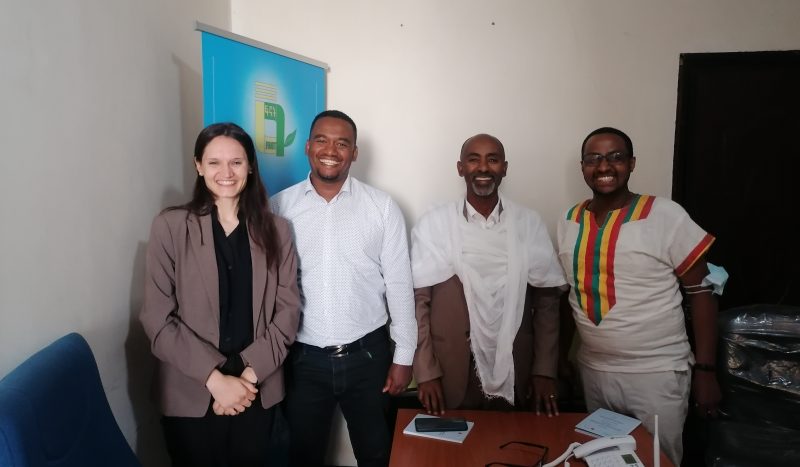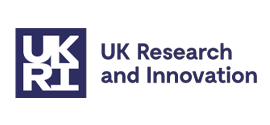Why work with us?
At IDVRM, we recognise that there is an urgent need for contextualised and community-grounded responses to domestic violence and interconnected forms of violence to overcome historical biases in development, humanitarian and migration contexts. Simultaneously, development agencies, aid organisations and service providers require robust, financially viable and scalable programmes. At IDVRM, we employ rigorous and interdisciplinary research to support clients design and deliver programmes and services that are both contextually grounded and scalable guided by the Project dldl/ድልድል Model. We are a highly experienced international team of linguistically, theologically and scientifically trained academics and practitioners with work experience in 17 countries.
Our team brings together knowledge and expertise in Christian and Islamic theology related to women’s rights, marriage, divorce and domestic violence across diverse cultural contexts in Africa, Eastern Europe, Asia and the Middle East and North Africa (MENA) region. We have worked with very diverse communities including Eastern and Oriental Orthodox Christian communities (Ukrainian Orthodox, Ethiopian Orthodox, Coptic Orthodox), Roman Catholic and Protestant Christians (of multiple denominations, including Pentecostals), Jewish, Yazidi and Muslim communities.
Our team combines a record of work experience in community-grounded, culturally embedded and faith-sensitive research and programme design and delivery in over 17 countries or territories, including Senegal, Ghana, Ethiopia, Zambia, Egypt, Tunisia, the United Kingdom, Poland, Ukraine, Italy, Jordan, Iraq, Syria, Turkey, the Kurdistan Region of Iraq, the United States, and others. In most of these countries, we have established networks and collaborators at the grassroots level.
Our project has fostered and is led by a decolonial ethics and ethos grounded in being reflexive about historical and on-going inequalities in knowledge production and international partnerships and employs thoughtfully developed contractual and collaboration processes that seek to subvert exploitative practices and promote genuine co-creation with grassroots organisations and faith institutions.
Our consultancy model is also innovative and is equally impact oriented. We encourage the clients we work with to share versions of findings that emerge from consultancies to benefit the wider community of practice, which we publish through our ‘What Works’ and ‘Evidence Bites’ paper series.
“The commitment and dedication demonstrated by the Project dldl/ድልድል team have been truly inspiring. Their collaborative approach has shaped our own practices, encouraging us to adopt more inclusive, thoughtful, and strategic methods in our work.”
Fnot Psychosocial Counselling, Ethiopia

